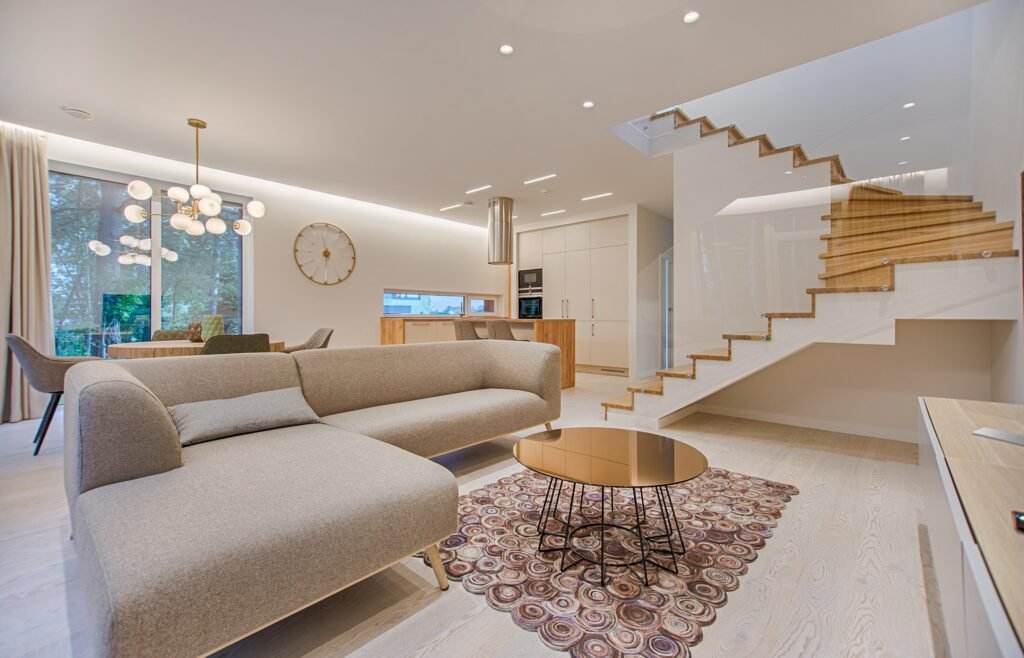Which is Better? An Apartment or Land
Let’s say you wanted an introduction to an article discussing the pros and cons of living in a compartment or living on land: Finding a place to call home is hard enough, but choosing between living on land or in the water is difficult overall. new level. There are a lot of things to consider when making your decision, such as budget, location, and practicality. Here we explore the pros and cons of both types of homes to help you make a more informed choice. life on earth has its advantages.
For starters, you have more stable ground to build on, and you don’t have to worry about floods or other natural disasters that can come with living on the water. You’re also not as isolated as you would be on a ship or island, making it easier to get help in an emergency. On the other hand, homes on the mainland can be more expensive and you may have to share your space with nearby wildlife.
1. It’s hard to find the perfect place to live 2. You have to decide if you want a house or an apartment 3. If you have a family, you have to find a place with a good school district 4.

1. It’s hard to find the perfect place to live
Finding the perfect place to live can be challenging, especially when it comes to finding an apartment or house. Factors such as cost, location, size, and equipment play a crucial role in determining the ideal living space. Price is often the most important factor, considering rent, utilities, mortgage costs, taxes, and other expenses. Location is another important factor, affecting commute times and the size of the home. Size is crucial for families or single individuals, while amenities like pools, gyms, laundry, and security are also important. Taking the time to find the perfect place to live can save you money in the long run.
2. You have to decide whether you want a house or an apartment
When choosing between a house and an apartment, consider factors such as your budget, space requirements, outdoor space, and privacy. Houses typically have more bedrooms, bathrooms, and larger kitchens than apartments, making them ideal for hosting large families or entertaining guests. Apartments may be better for those who rarely socialize or entertain close friends. Houses also offer more privacy, as they have fewer neighbors living next to or above them. Outdoor space, such as a garden, may be more suitable for children, while apartments may be more suitable for those who don’t plan to use outdoor space.
3. If you have a family, you need to find a place with a good school district
When choosing a school district for a family, it is crucial to research the quality of the school district. Factors to consider include the satisfaction of other parents, test scores, staff, resources, environment, and student satisfaction. A good school district provides quality education, setting children up for success in life. Researching the district’s quality can help determine if the school is conducive to learning and if students feel satisfied with their education. By prioritizing the school district, families can ensure their children receive the best education possible.
4. You need to find a place that you can afford
To find a place that you can afford, first establish a budget and narrow down your options. Consider whether you need to live in a specific area, a different state, a different country, a different continent, or a different part of the world. This will help you find a place that is slightly cheaper than you initially thought. Additionally, consider looking for a place that is not in a specific area, in a different state, or in a different country. By doing these things, you can find a place that is slightly cheaper than you initially thought.
5. You need to find a place that is close to your work
To find a place close to work, consider factors such as your commute, the length of your commute, proximity to essential amenities, proximity to friends and family, and your hobbies and interests. Public transport, freeways, and highways are essential for commuting, while long commutes can be problematic. Additionally, find a location close to essential stores, restaurants, and coffee shops for late work hours. Finally, find a place that is close to your hobbies and interests to avoid boredom and ensure a comfortable living environment.
6. You need to find a safe place
When moving into a new neighborhood, it’s crucial to research the safety of the area. First, look up crime statistics on the city or county website to understand the types of crimes and their frequency. Talk to people in the area, ask friends or family, and neighbors to understand their opinions. Be aware of your safety needs, such as avoiding areas with high rates of sexual assault or having young children in areas with good schools and low crime. Use your best judgment when deciding on a neighborhood, and if in doubt, look elsewhere.


